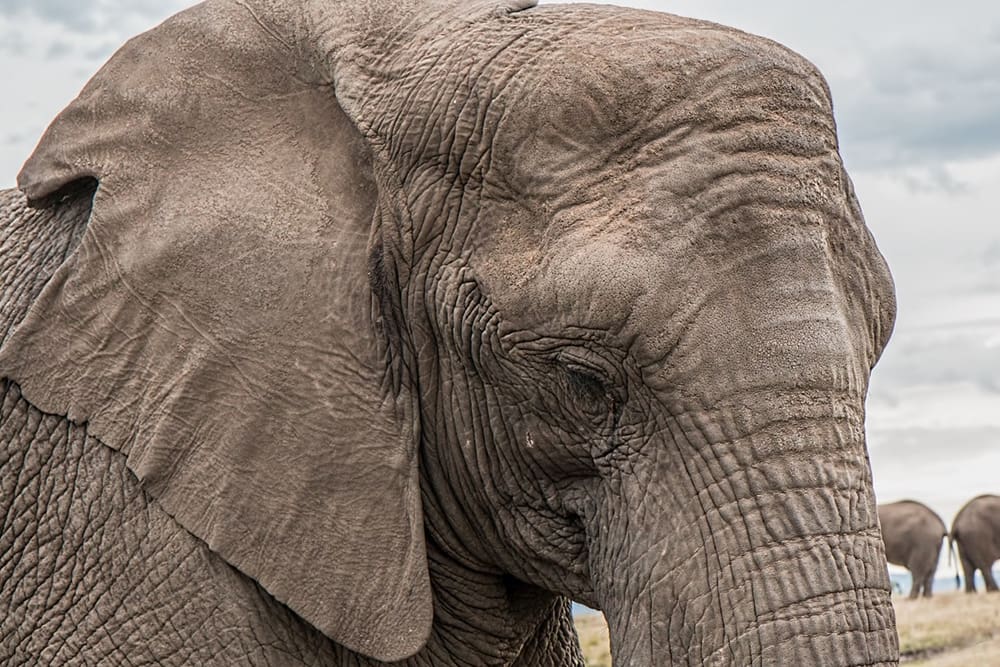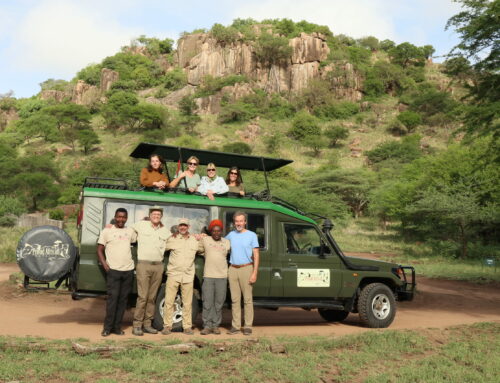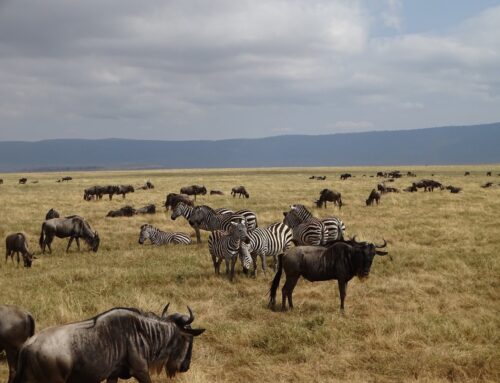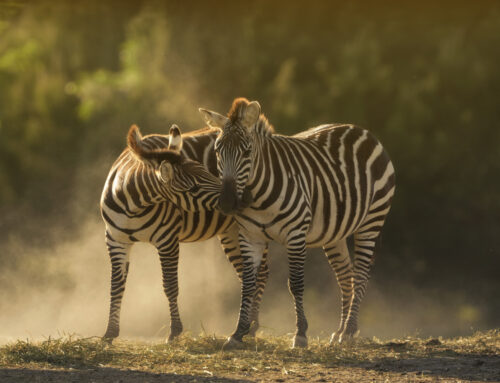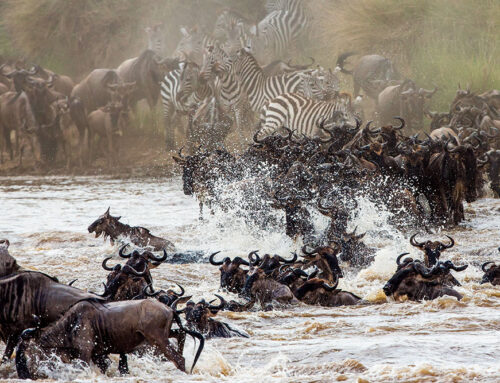The conversation about poaching generally focuses on the need for measures to ban it to save wildlife and ecosystems. And while there are plenty of places in the world where these measures still need to be applied, one country has seen a surprising effect of anti-poaching laws.
Let’s look at Botswana and why its efforts to ban elephant poaching has lead to instability.
A Quick Overview
Since Botswana has made an effort to ban poaching and trophy hunting in the region, we are now witnessing a true elephant haven, with the country having an estimated one-third of Africa’s elephants.
But though it’s good to see the life of these creatures being protected, the communities that live close to the elephants are suffering. Farmers’ crops are being ruined, and many people have even lost their lives because of them. The people are understandably upset, and cry out for a solution from their government.
But the measures taken by the government do almost nothing to ameliorate the issue. For one thing, the President removed the ban on trophy hunting, allowing tourists once again to hunt elephants for sport. However, farmers affected by the issue criticized this measure, since it will not have a major impact on the number of elephant population.
So the next solution was fencing, which could potentially prevent the elephants from coming into the communities. However, fencing is problematic, and its success depends on the quality of the system in place and its maintenance is often expensive. Moreover, inappropriate fencing can even affect other animals in the area if the system is not created to account for migrating behavior.
Conclusion
The dynamics of human-wildlife relationships are complex, and it often creates conflict. But it’s imperative not to pick a side while looking for a solution. That’s when everyone loses.
The conversation about poaching generally focuses on the need for measures to ban it to save wildlife and ecosystems. And while there are plenty of places in the world where these measures still need to be applied, one country has seen a surprising effect of anti-poaching laws.
Let’s look at Botswana and why its efforts to ban elephant poaching has lead to instability.
A Quick Overview
Since Botswana has made an effort to ban poaching and trophy hunting in the region, we are now witnessing a true elephant haven, with the country having an estimated one-third of Africa’s elephants.
But though it’s good to see the life of these creatures being protected, the communities that live close to the elephants are suffering. Farmers’ crops are being ruined, and many people have even lost their lives because of them. The people are understandably upset, and cry out for a solution from their government.
But the measures taken by the government do almost nothing to ameliorate the issue. For one thing, the President removed the ban on trophy hunting, allowing tourists once again to hunt elephants for sport. However, farmers affected by the issue criticized this measure, since it will not have a major impact on the number of elephant population.
So the next solution was fencing, which could potentially prevent the elephants from coming into the communities. However, fencing is problematic, and its success depends on the quality of the system in place and its maintenance is often expensive. Moreover, inappropriate fencing can even affect other animals in the area if the system is not created to account for migrating behavior.
Conclusion
The dynamics of human-wildlife relationships are complex, and it often creates conflict. But it’s imperative not to pick a side while looking for a solution. That’s when everyone loses.

